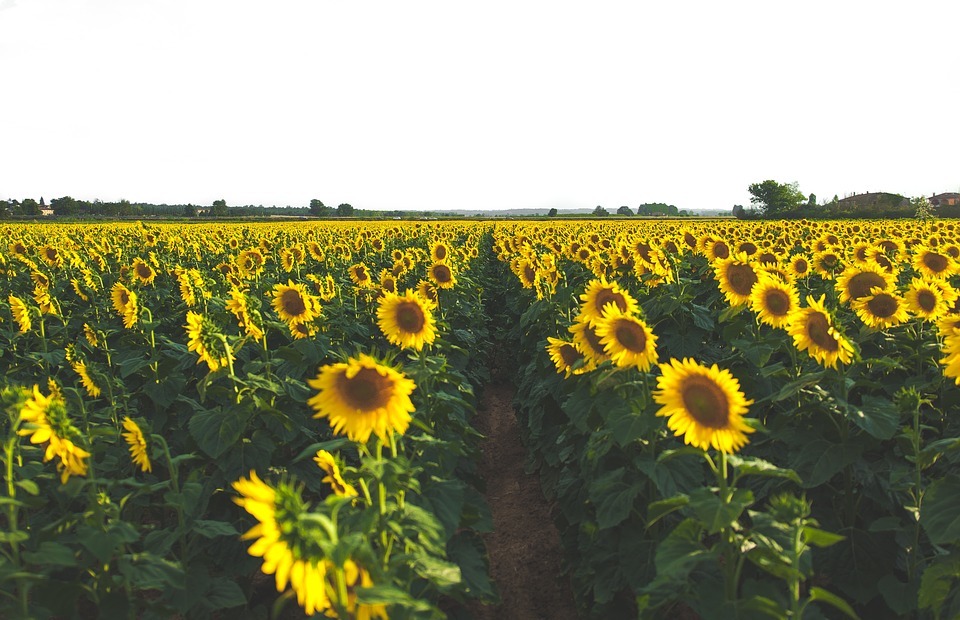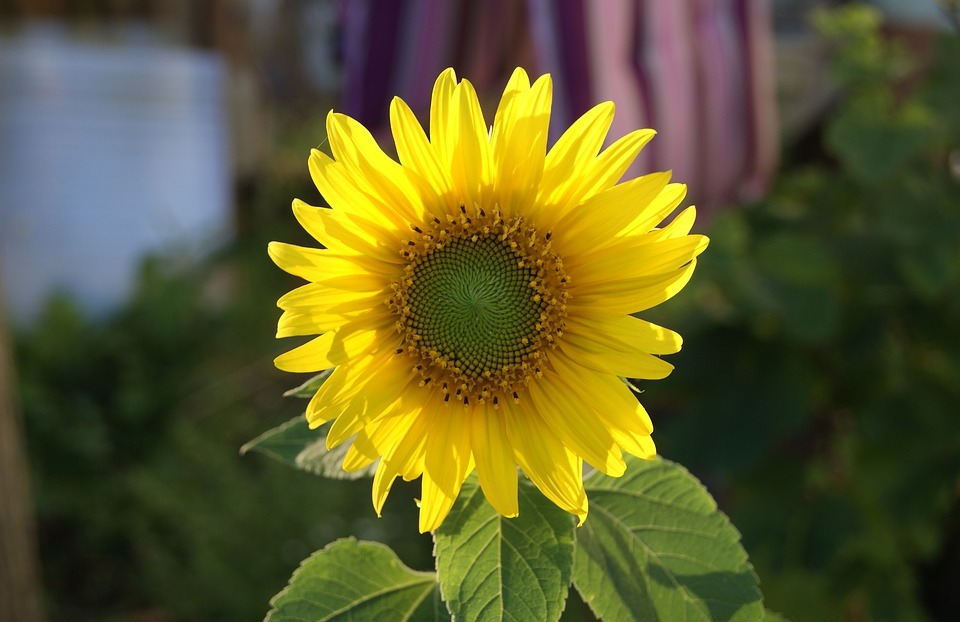This comprehensive guide will delve into the complex question of whether sunflower seeds are suitable for rabbits. We'll explore the nutritional composition, potential benefits, and associated risks, providing insights to help you make informed decisions about including sunflower seeds in your bunny's diet.
Part 1: Understanding Rabbit Nutrition

1.1. The Importance of a Balanced Diet
Rabbits are herbivores with specific dietary needs. Their primary food source should be high-quality, unlimited hay, providing essential fiber for digestive health and dental wear. Alongside hay, a balanced diet should include fresh vegetables, a small amount of rabbit pellets, and occasional treats.
1.2. Dietary Considerations for Rabbits
Rabbits have delicate digestive systems and require a diet low in sugars, fats, and proteins. High-fat foods can lead to obesity, liver problems, and other health issues. Sugary treats can contribute to dental problems and digestive upset.
Part 2: The Nutritional Composition of Sunflower Seeds

2.1. Macronutrients: Fat and Protein
Sunflower seeds are relatively high in fat, primarily containing healthy unsaturated fats like linoleic acid (omega-6 fatty acid). They also offer a decent amount of protein, which is important for muscle growth and repair.
2.2. Micronutrients: Vitamins and Minerals
These seeds are a good source of vitamin E, a powerful antioxidant, and various minerals including magnesium, phosphorus, and selenium. However, the quantity of these nutrients may not be significant enough to meet all of a rabbit's needs.
Part 3: Potential Benefits of Sunflower Seeds for Rabbits
3.1. Energy Boost
Sunflower seeds are calorie-dense and can provide a quick energy boost for rabbits, particularly during periods of activity, growth, or cold weather.
3.2. Dental Stimulation
The hard texture of sunflower seeds can help to wear down rabbit teeth, contributing to dental health. This is especially important for rabbits that don't have sufficient hay consumption.
3.3. Mental Enrichment
Offering sunflower seeds as a treat can provide mental stimulation for rabbits, keeping them engaged and preventing boredom.
Part 4: The Risks of Sunflower Seeds for Rabbits
4.1. High Fat Content and Obesity
The high fat content in sunflower seeds can contribute to weight gain and obesity, which can lead to a range of health problems including heart disease, diabetes, and joint issues.
4.2. Digestive Upset
The high fat content can be difficult for rabbits to digest, potentially causing diarrhoea, gas, and other digestive issues. This is particularly risky for young rabbits and those with sensitive stomachs.
4.3. Salt Content
Salted sunflower seeds are extremely harmful to rabbits due to their high sodium content. Sodium can lead to dehydration, kidney problems, and other health issues.
4.4. Shell Risks
The hard shells of sunflower seeds are a choking hazard for rabbits. They should always be removed before offering the seeds to your pet.
4.5. Potential for Mold Growth
Sunflower seeds are susceptible to mold growth, particularly if stored improperly. Moldy seeds can be toxic to rabbits and should never be given to them.
Part 5: Feeding Sunflower Seeds to Rabbits: Guidelines and Precautions
5.1. Moderation is Crucial
If you decide to offer sunflower seeds, do so in extreme moderation. A few seeds, no more than once or twice a week, should be sufficient.
5.2. Choosing the Right Seeds
Always select unsalted, plain sunflower seeds without any added flavours, seasonings, or preservatives. Avoid roasted sunflower seeds as they often contain added oils that can be detrimental to rabbits.
5.3. Monitoring Your Rabbit
Pay close attention to your rabbit's reaction after consuming sunflower seeds. Look for signs of digestive upset, such as diarrhoea, gas, lethargy, or decreased appetite.
5.4. Not for All Rabbits
Young rabbits, those with digestive problems, and overweight rabbits should avoid sunflower seeds entirely.
Part 6: Alternatives to Sunflower Seeds
6.1. Natural Treats
There are many other safe and nutritious treats that can be offered to rabbits instead of sunflower seeds, such as:
- Fresh herbs: Parsley, cilantro, dill, and basil are all safe and enjoyable for rabbits.
- Fruits: Small amounts of fruits like apples, bananas, strawberries, and blueberries can be given as occasional treats.
- Vegetables: Many vegetables, like carrots, celery, spinach, and kale, are excellent choices for rabbits.
6.2. Commercial Rabbit Treats
Various commercial rabbit treats are available, specifically designed for their nutritional needs and safe consumption. These can be a good option for providing a balanced treat without the risks associated with sunflower seeds.
Part 7: FAQs
7.1. How Often Can I Give My Rabbit Sunflower Seeds?
Sunflower seeds should be given as a rare treat, no more than once or twice a week. A small amount (1-2 seeds) is sufficient.
7.2. Can I Give My Rabbit Sunflower Seed Shells?
No, sunflower seed shells are a choking hazard for rabbits and should never be given to them.
7.3. Can Baby Rabbits Eat Sunflower Seeds?
Baby rabbits are particularly vulnerable to digestive issues. It's best to avoid giving sunflower seeds to bunnies under 6 months old.
7.4. Are Roasted Sunflower Seeds Okay for Rabbits?
No, roasted sunflower seeds should be avoided. They often contain added oils and seasonings that can be harmful to rabbits.
7.5. Can I Give My Rabbit Sunflower Seed Oil?
Sunflower seed oil is not a suitable food for rabbits. It can cause digestive upset and other health problems.
7.6. What are the Signs of a Rabbit Overeating Sunflower Seeds?
Signs of overeating sunflower seeds include weight gain, diarrhoea, lethargy, and gas. If you notice any of these symptoms, reduce or eliminate sunflower seeds from your rabbit's diet.
7.7. Can I give my rabbit black sunflower seeds?
Black sunflower seeds are generally safe for rabbits, but it’s still essential to follow the same guidelines of moderation and choosing unsalted options.
7.8. Can I give my rabbit stripped sunflower seeds?
Stripped sunflower seeds, which are the kernels without the shells, are slightly safer than whole sunflower seeds, but the risks of fat and calorie content still apply. It is important to provide them in moderation.
7.9. Is it okay to give my rabbit sunflower seeds as part of their daily diet?
No, sunflower seeds should never be part of a rabbit's daily diet. They are high in fat and calories and can lead to health problems if given regularly.
7.10. My rabbit loves sunflower seeds! How can I wean them off?
Gradually reduce the number of sunflower seeds you offer your rabbit over time, replacing them with other safe and healthy treats. Offer more fresh vegetables, herbs, or commercial rabbit treats to encourage your rabbit to enjoy alternative options.
Remember, a healthy diet is crucial for your rabbit's well-being. Consult with a veterinarian for personalized dietary advice.
Everyone is watching
-

Do Rabbits Lay Eggs? (The Surprising Truth)
OTHER TYPES OF PETSThis article will unravel the common misconception that rabbits lay eggs, exploring the fascinating world of r...
-

Can Rabbits Eat Grapes? A Guide to Safe Rabbit Treats
OTHER TYPES OF PETSThis comprehensive guide will explore the safety and suitability of grapes for rabbits, providing detailed inf...
-

What's a Group of Rabbits Called? (A Comprehensive Guide)
OTHER TYPES OF PETSThis article delves into the fascinating world of rabbits, exploring the various terms used to describe a grou...
-

Predators That Hunt Rabbits: A Guide to Natural Enemies
OTHER TYPES OF PETSI've always been fascinated by the circle of life, that delicate dance between predator and prey. Growing up ...
-

Are Rabbits Nocturnal Animals?
OTHER TYPES OF PETSThe question of whether rabbits are nocturnal animals is a fascinating one, with a surprisingly complex answer...
